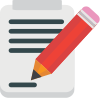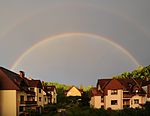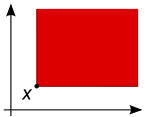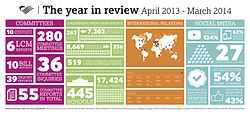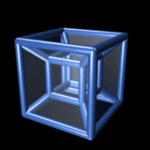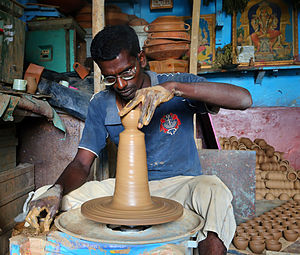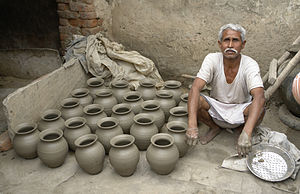ICT student textbook/Data representation and processing
What is this unit about
If someone asks you what is data, what would your answer be? Read the following sentences and if you agree, put a tick mark.
|
Think about this. Are you gathering data when you see? When you eat? When you readWhen we see, we are gathering data. When we eat, our tongue gathers data. When you cook you gather data. Gathering data from the environment, analyzing and understanding and decision making are important for survival. Imagine human beings hunting and roaming in the forests - if they see a wolf, they should process the data and quickly run for cover. So, gathering data and using for decision making is not new. Throughout history, people have observed that animals also gather data - there have been stories of animals behaving differently before an earthquake.
Gathering data, analyzing and making decisions is not new to human beings. Can you guess what may be different about this unit? Yes - you are correct! Digital technologies have changed the way we are gathering data and representing data. Discuss with your friends, in groups, all the word that come to your mind when you say data. Now look at the following and classify whether the following are data or not.
Are you surprised? All the above are data. We saw how computers work by converting everything into data. Whether we see a picture, or listen to a song or perform calculations, we are working with data. In today's world data is becoming more and more important and we should develop skills of understanding data to make decisions.
Look at the following and discuss with your teacher:
| Image of a pottery | Photo of potter | The potter was gathering data about the mud, the water, the texture and he was making the pot. Now you have a photo of the pottery making and it is possible to know about the pot by looking a picture and reading about it. Is there any difference between what you know and what the potter knows? |
|---|
In this unit, you will be learning about how to read and represent data in different formats.
Objectives
- Understanding how to read data in various formats and representations and analyze
- Understanding methods of data organizing, analysis and representation
- Processing and representing data in textual, image and numeric formats with different tools
- Understanding the power of data visualization
How is this unit organized
As in the previous unit, there are three levels of activities, to match roughly to classes 6-8. This is the first unit in which you will be interacting with different ICT applications and will be getting introduced to basic digital literacy. An important skill you will be introduced to in this unit is local language typing.
- At the first level, the focus will be on reading data in different formats, organizing data, analysing and making meaning. You will be introduced to concept mapping and text editing as a method of documenting your analysis.
- At the second level, you will learn to use spreadsheet for data collection, organizing and analysis.
- At the third level, which will be in the third year, you will be introduced to making multi-page communication documents.
At each level you will be exploring new things about ICT; you will also be creating your outputs and building your digital portfolio. This portfolio will include your outputs; they will be such that you will know what you have learnt and you will also know the method of learning. At the end of the year, your teacher will assess your portfolio.
The examples will be drawn from your textbook and will be related to different topics you have studied.
